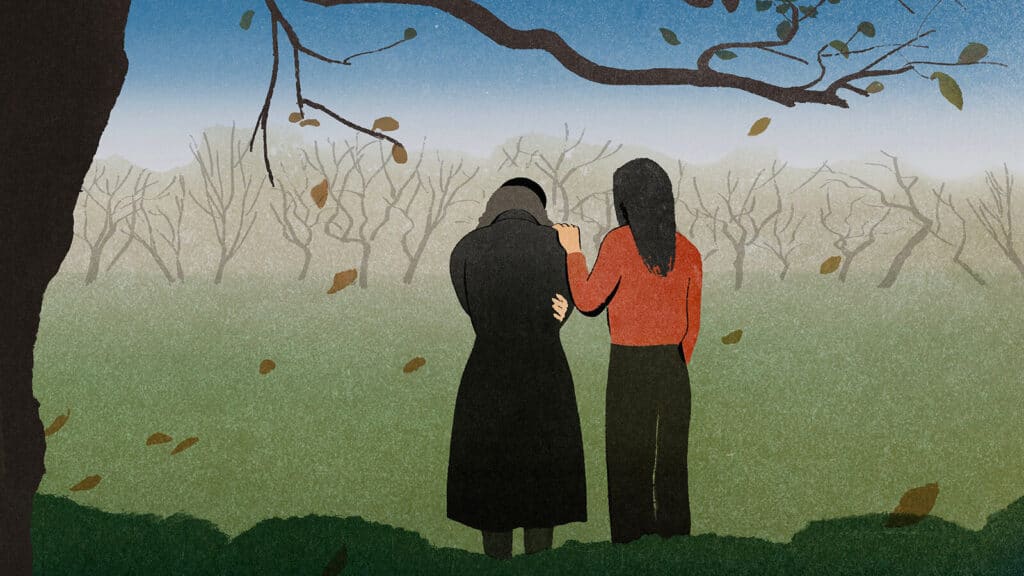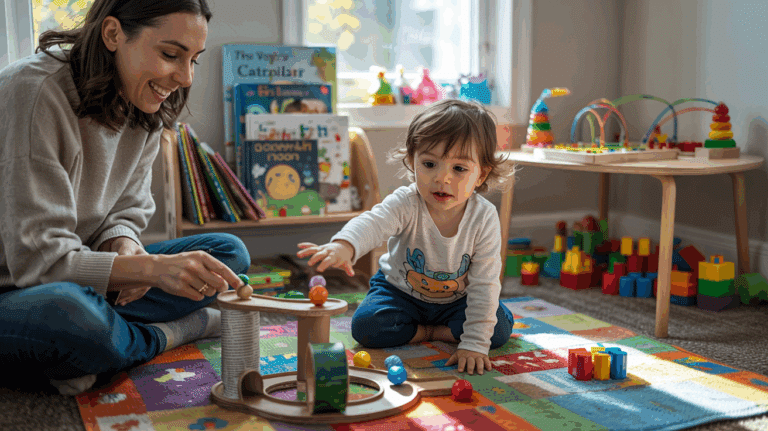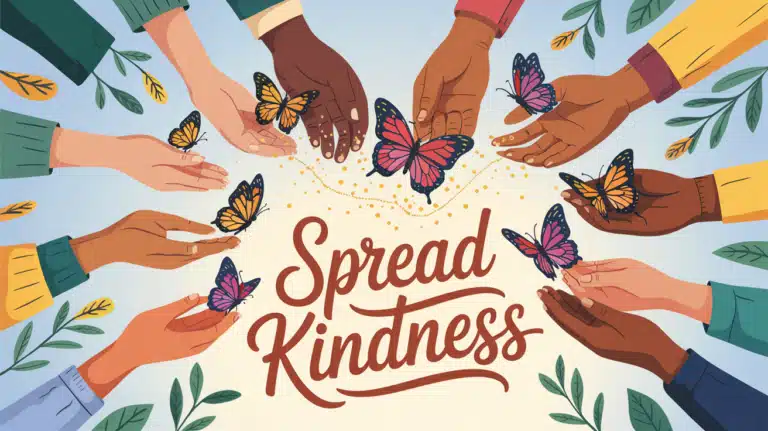Grief doesn’t come with instructions. It moves quietly through someone’s life, changing everything while the world keeps going. When someone close to you is in it—deep in that fog—it’s natural to want to do something, say something, fix something.
But the truth is, there’s nothing to fix. The kindest thing you can do is simply be there, without forcing your way in. If you’re looking for a way to show up without overwhelming the person you care about, here’s how to offer love, support, and presence in a way that actually helps.
Less Is So Often More
When someone’s grieving, their mind is swimming. Everyday tasks feel impossible. Responding to messages can feel like climbing a mountain. So when you reach out, keep it simple. A short message like, “I’m thinking of you,” or “I’m here if you need anything,” is enough. Don’t ask how they’re doing—they’re not doing well. Don’t expect a reply either. You’re not texting to start a conversation; you’re texting to let them know they’re not alone in this horrible moment. That’s it.
Sending a text, a short voice memo, or even a mailed card with one sincere line carries more weight than a long, emotionally loaded paragraph asking what you can do. They don’t know what they need yet. And they definitely don’t want to carry the pressure of guiding you. Offer your presence without needing to be guided.
Skip The Clichés, Please
You don’t need to wrap their pain in a silver lining. Phrases like “everything happens for a reason” or “they’re in a better place” might come from a good heart, but they land like static. When someone’s dealing with deep loss, those sayings feel like shortcuts around their pain.
The best thing you can do is stay honest and real. If it was a life taken too soon, say so. Say, “I don’t have the right words. I just love you and I’m so sorry.” That’s enough. Really. There’s something powerful about admitting you don’t know what to say—it shows you’re willing to sit with them in silence, not rush to fill it.
Physical Comfort Speaks Loudly
You don’t have to show up at their door with a casserole to offer real help. Grief makes the basics hard. Eating, sleeping, even remembering to drink water can feel like too much. One of the best things you can send is something that helps with that—without requiring anything in return.
Soft blankets, warm socks, a box of nourishing snacks, a candle with a quiet scent—these things offer comfort without fanfare. You’re not trying to distract them. You’re helping them survive the day. Even a journal or coloring book with a note that says, “No pressure, just here if you want it,” reminds them they’re held, even from afar.
When You Don’t Know What To Send, Let Someone Else Curate It
Not everyone knows how to put together a care package. You might not know what they like or need. That’s okay. Sympathy gift baskets premade and ordered online can help you send the right thing if you’re grieving too. Sometimes you want to show up for your friend, but you’re feeling the loss yourself. Having something ready-made that’s thoughtful, comforting, and designed to support someone in mourning takes the pressure off you and still lands with warmth.
These options can be beautiful without being over-the-top. Think tea and honey, cozy items, or something neutral and soothing. Avoid anything overly cheerful or decorative. Grief doesn’t want confetti. It wants softness, patience, and a sense of quiet care. The right kind of curated package can say all the things you don’t know how to put into words—and it does so gently.
Stay Present Without Hovering
A lot of people check in right after a loss. Then, slowly, the messages dry up. Everyone gets back to their lives while the grieving person is still living inside that loss. One of the best things you can do is keep showing up, weeks and even months later, without being intense about it.
A quick “thinking of you,” or a meme that doesn’t demand a reply, or dropping off a coffee without needing to stay—all of these are low-pressure ways to remind them they’re still loved. You don’t have to be a hero. You just have to stay consistent. Think quiet loyalty, not dramatic gestures.
If You Send Something, Say Why
When you send a care package or a kind gift, always include a short note. It doesn’t have to be poetic. It just needs to be sincere. “I saw this and thought it might make today easier.” “I love you and wanted to wrap you in something soft.” These are little emotional anchors. They show that you’re thinking beyond the funeral, that you understand grief lasts longer than a service and some flowers.
They may not say anything back. That’s okay. Don’t make it about getting a thank you. It might take months for them to even look at the card. But they’ll remember who reached out, who made space for them, and who expected nothing in return.
Let Grief Take The Lead
Showing up for someone in mourning isn’t about fixing anything. It’s about letting grief be what it is—wild, confusing, angry, slow—and saying, “I’ll be here anyway.” You don’t need the right words. You don’t need to be perfect. You just need to be honest, gentle, and patient.
Even if they never respond, even if you never hear how much it meant, know that it did. Quiet support has a way of weaving itself into a broken heart. It doesn’t fix the pain, but it helps someone carry it. And sometimes, that’s the only thing they need.

















